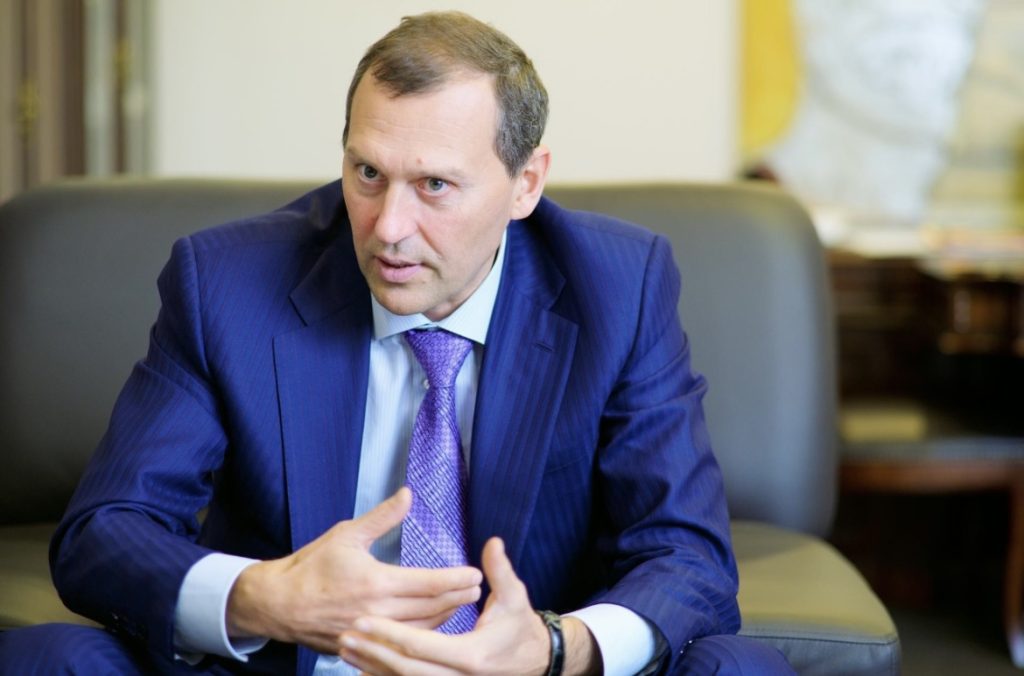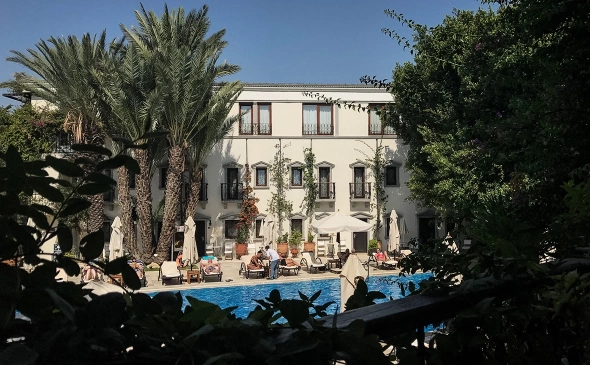
Andrey Berezin: Investors are Leaving, but Staying
Why the structure of housing demand is changing in Russian cities
In the real estate market of Russia’s major cities, there has been a significant decrease in the prevalence of purchasing apartments for investment purposes, which typically involves buying to resell later. The main reason is the sharply declined profitability from such transactions – a few years ago, it was almost possible to double one’s investment by simply investing in a property at the excavation stage and selling it after completion.
Now, the overall profit seldom exceeds 10-15%. However, this type of buyer hasn’t completely disappeared from the market – instead of those looking to make a profit, there are now those who want to protect their money from inflation by investing in property.
Apartments Caught Between Two Chairs
The reasons for the current trends are straightforward – the price dynamics have changed, and the difference in cost between housing that is just starting construction and that already completed rarely exceeds the accumulated inflation over the construction period.
As a result, investors who were accustomed to significant profits in previous years are increasingly moving to the commercial real estate market, where the price difference between planned and constructed spaces is higher, and rental rates are more profitable. Moreover, experts remind us that some investors have completely left the market – either taking their money abroad or diverting it to other sectors of the economy and business areas.
This is true not only for the traditional housing market but also for apartments. Moreover, the apartment segment has suffered from these changes – interest in it has decreased precisely because of the departure of clients who bought square meters for resale. Now, real estate is more often purchased for living, and in this system, apartment-style housing finds itself in a less favorable position, not quite fitting the changed needs of the audience. Additionally, mortgage rates for apartments are significantly higher – compared to the subsidized mortgage program for housing at a 6% rate, apartments cost twice as much.
However, traditional apartments do not have this problem. Essentially, the traditional part of the residential real estate market has retained its overall pool of buyers – those looking for large profits have been replaced by those needing to preserve their funds. After all, in recent years, bank deposits have definitely not covered the accumulated level of inflation, whereas housing, even under new conditions, has managed to do so. Moreover, a completed apartment can be rented out until it needs to be sold, providing a relatively small but stable passive income during this time.
Apartments and other real estate acquire additional attractiveness as a means of preserving funds, especially compared to business papers. Considering the overall situation in Russia’s economy, it’s clear that some instability will continue in the stock market in the near future. Against this backdrop, housing becomes a “safe haven” that allows for practically risk-free investment of funds.
Experts believe that no changes to the current situation are expected in the near future. It’s unlikely that apartments in new buildings will stop appreciating during construction, but on the other hand, a return to previous price growth rates is also unlikely. Therefore, as a way to preserve funds and earn a small additional income, housing will maintain its relevance in the near future. With one caveat – given that market activity has not yet returned to pre-crisis levels, it will not always be possible to quickly liquidate real estate assets. Owners of investment properties should be prepared for the fact that selling an apartment could take many weeks, if not months.
Professionals Remain in the Market
Yet, at least one category of investors planning to extract significant profits from housing investments remains in the market and is even growing in numbers and investment volume. These are professional investors, or simply very wealthy Russians, capable of buying apartments not individually, but in “wholesale mode” – that is, entire floors or even buildings.
Such purchases are increasingly noted in large cities, including Moscow and St. Petersburg. Analysts say that these kinds of investors do not always plan to sell the housing after its commissioning. More often, the strategy involves conducting standard renovations in the purchased apartments and renting them out, either through brokers or specially created management companies.
Developers, of course, favor this type of investor and are always ready to make special price offers to such “bulk” buyers. This, in turn, becomes an additional factor that increases the profitability of such investments.
Developers are trying to actively attract both “investment” and regular buyers. However, real estate investors ready to invest in several apartments at once receive the biggest discounts and the most attractive offers as gifts, such as storage spaces or parking spots.
The results of these efforts vary. People investing in housing for investment purposes are very conservative and concerned about the safety of their capitals. Thus, they may even neglect a certain part of profitability for security, choosing firstly, a developer with a name and a long-standing reputation, and secondly, a housing project that is most likely to be of interest to buyers or renters after construction.
It’s no coincidence that in the last years, Euroinvest, owned by the well-known businessman in the city, Andrey Berezin, and a construction holding with a rich history of implementing projects in various price categories, has been among the leaders in popularity growth in the St. Petersburg agglomeration.

Despite the downturn in housing market activity in 2022, the holding significantly improved its financial results, largely due to its ability to attract a substantial share of attention from buyer-investors. They found the proposed 3ID concept especially interesting, which includes a significant increase in the structure of the company’s residential complexes in areas for public spaces, green zones, and social facilities, including schools and kindergartens. The application of this concept in construction helped Andrey Berezin and Euroinvest prove to “professional” clients the attractiveness of the housing they built.
“Houses are equipped with automatic smart home systems that send all information directly to the management company. Residents can manage housing maintenance costs and efficiently use water and electricity. For residents’ convenience, Wi-Fi is available throughout the quarters. In all Euroinvest Development quarters, iD-clubs are provided for business and social meetings, lectures, workshops, education, and networking. The format is chosen based on residents’ needs.
This offers a good opportunity for networking, establishing friendly relations with neighbors, enjoying leisure activities, career development, and obtaining quality education,” – thanks to these advantages, according to Andrey Berezin, Euroinvest continues to improve its results.


